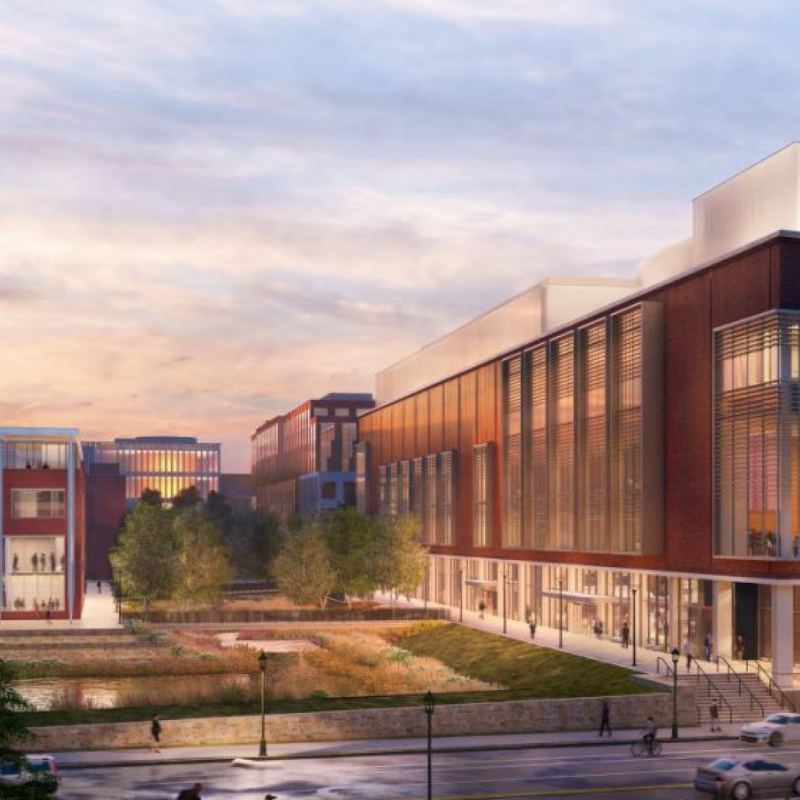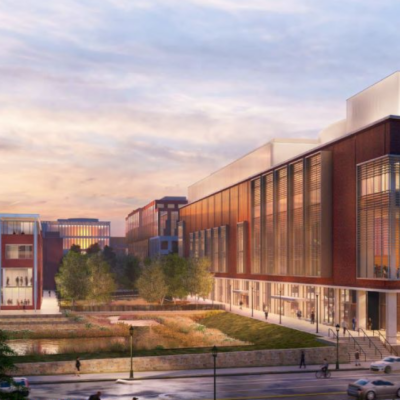Virginia’s Republican-controlled House has killed a bill that would have allowed marijuana sales to begin ahead of schedule. The Democrat-controlled Senate passed the bill last month, but some advocates criticized elements of the legislation.
Virginia legalized marijuana in 2021, but the laws surrounding the drug are hazy. While everyone 21 and over can legally possess up to one ounce of marijuana and grow up to four plants at home, it will not be legal to sell it until January 1, 2024. And it is against the law to bring marijuana home from other states where it is legally sold.
To speed up the legalization timeline, the state Senate passed a bill that would allow licensed medical dispensaries, as well as 10 industrial hemp processors, to begin selling recreational weed on September 15—but would prohibit other retailers from selling the drug until 2024. Democrats argued that the early sales would help curb the black market and fund loans for future social-equity retailers. However, the Republican-controlled House of Delegates voted down the controversial bill in a subcommittee this week, claiming it needed more time to study the issue and get the law right.
Some advocacy groups had rallied against the Senate bill, accusing lawmakers of giving corporations an unfair advantage and hurting efforts toward social equity.
“This is legislating a monopoly that will keep out small businesses and keep enforcement high for marginalized communities,” says Chelsea Higgs Wise, executive director of Marijuana Justice.
The Senate bill would have required large medical marijuana companies to “incubate” at least five qualified social equity applicants for six months, but such programs have been unsuccessful in other states, argues Higgs Wise. For example, none of the marijuana companies licensed by Illinois’ social equity program have opened since the state legalized the drug in 2019.
Limited early sales could also fuel—not weaken—the black market, argues Higgs Wise. In the five years since California has legalized recreational weed, the majority of sales still occur underground.
“[Data shows] that the informal market will actually increase when we create a limited, inaccessible market…And will only provide law enforcement with more validation to target Black and brown communities,” she explains.
David Treccariche, owner of downtown CBD dispensary Skooma, is relieved that large corporations will not get a head start on selling legal weed this year.
“I’m glad we didn’t start off by allowing these private equity, out-of-state players to get involved. Virginia farmers, local businesses, and hopefully those who have been incarcerated against this should get first rights, not private corporations,” he says. “Of course we want [sales] tomorrow, but we’ve got to be realistic.”
However, some marijuana activists supported the bill because it provided a way for consumers to purchase legal and safe marijuana earlier than 2024.
“We’re pleased that there is bipartisan support for expediting retail access,” says JM Pedini, executive director of Virginia NORML. “As passed in the Senate, [the bill] largely addressed our concerns.”
Republicans do not plan to discuss the legalization timeline again until next year. Activists remain concerned about the continued criminalization of marijuana.
Higgs Wise says anyone in prison for marijuana should automatically be resentenced, which was not part of the Senate bill. “If you are in prison for marijuana only, then you get an automatic hearing in your locality where you were sentenced. But [the bill didn’t guarantee] an automatic release or resentence, which we think is part of injustice…We have to actually get people out and get people home.”






